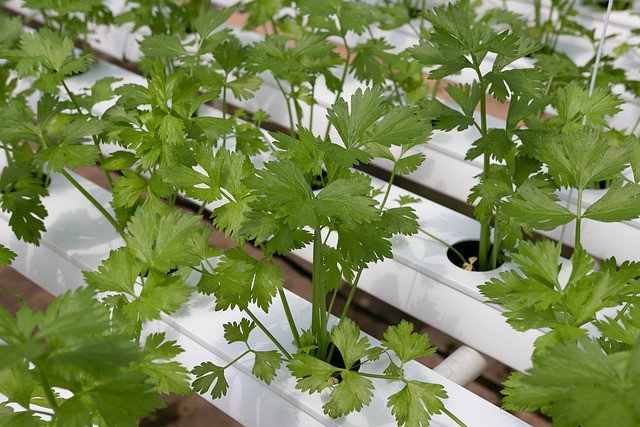Embracing the Future with Hydroponics
Imagine a world where fresh, nutritious vegetables and herbs grow abundantly, regardless of climate, soil quality, or space limitations. This isn’t a distant dream—it’s the reality that hydroponics is bringing to the forefront of modern agriculture. For farmers, gardeners, and sustainability enthusiasts alike, hydroponics offers an innovative path to nurture plants in a controlled, efficient, and resource-conscious way.
What is Hydroponics?
At its core, hydroponics is a method of growing plants without soil, using nutrient-rich water solutions instead. This technique allows plants to absorb essential minerals directly through their roots, promoting faster growth and higher yields. Unlike traditional farming methods, hydroponics can be practiced indoors or in urban environments, breaking barriers that once limited agricultural production.
The Impact on Agriculture
Hydroponics is revolutionizing agriculture by addressing several critical challenges:
- Water Efficiency: Using up to 90% less water than conventional farming, hydroponics conserves a precious resource.
- Space Optimization: Vertical and compact systems enable growing more plants in smaller, urban spaces.
- Year-Round Cultivation: Controlled environments eliminate seasonal constraints, ensuring continuous harvests.
- Reduced Chemical Use: Minimizing the need for pesticides and herbicides fosters healthier produce and ecosystems.
Connecting to the Soil-Free Movement
For those passionate about sustainable living and environmental stewardship, hydroponics offers a direct connection to the rhythms of growth without relying on traditional soil-based methods. It empowers individuals and communities to cultivate their own food, fostering a deeper appreciation for the lifecycle of plants and the ecosystems they thrive in.
Challenges and Considerations
Despite its many benefits, transitioning to hydroponics requires an initial investment in equipment and knowledge. Monitoring nutrient levels, pH balance, and system hygiene are essential to ensure plant health. However, with growing access to educational resources and innovative technologies, these hurdles are becoming easier to overcome.
The Road Ahead
As the global population rises and environmental concerns intensify, hydroponics stands out as a beacon of hope to sustainably feed our future. Whether you’re a seasoned farmer exploring new techniques or a curious home gardener, diving into the world of hydroponics may just transform how you grow, eat, and connect with the earth.




